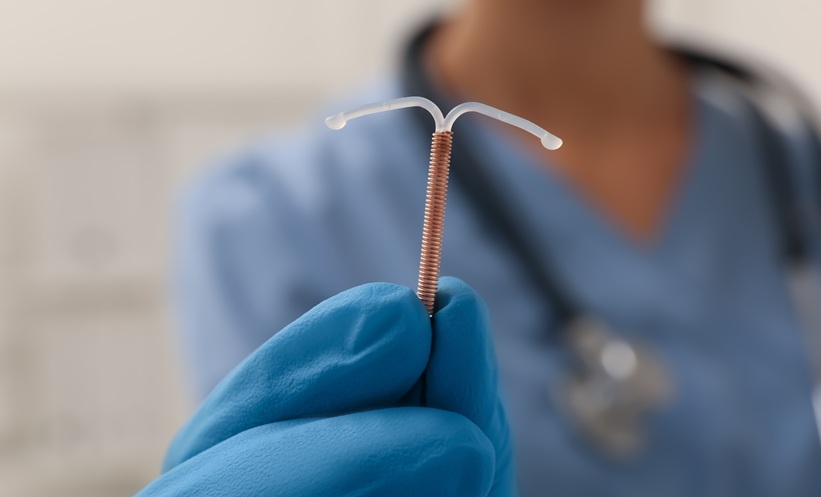A major clinical trial has found that antioxidant supplements do not improve fertility outcomes in men seeking treatment, challenging widespread claims about their potential benefits. The study involved more than 1,100 men and concluded that pregnancy rates were no higher in couples where the male partner took an antioxidant supplement compared with a placebo.
No fertility benefit from antioxidants
The SUMMER trial, conducted across 21 hospitals and fertility clinics in the Netherlands, enrolled 1,171 men aged 18 to 50 whose partners were undergoing fertility care. Participants were randomly assigned to receive either a daily antioxidant tablet (Impryl) or an identical placebo for six months. The supplement contained a blend of nutrients including betaine, zinc, folic acid, and several B vitamins.
The primary outcome was the rate of ongoing pregnancy within six months after randomisation. Results showed no significant difference between the two groups: 33.8% in the supplement group compared with 37.5% in the placebo group.
Strikingly, within the expected window of treatment effect (four to six months), the pregnancy rate was actually lower in the antioxidant group (15.5%) than in the placebo group (21.5%). Secondary outcomes, including semen quality, sperm DNA fragmentation, embryo utilisation rates, and miscarriage risk, also showed no benefit from supplementation.
Implications for fertility care
The findings suggest that antioxidant supplements, despite their popularity, should not be recommended as a fertility treatment for men. Previous smaller studies produced conflicting results, but this large, well-controlled trial provides the strongest evidence to date against their effectiveness.
The researchers emphasised that standard fertility treatments such as intrauterine insemination (IUI), in vitro fertilisation (IVF), and intracytoplasmic sperm injection (ICSI) remain the main evidence-based options for couples struggling to conceive.
As male infertility accounts for up to half of fertility problems worldwide, the study underscores the importance of focusing on proven medical strategies rather than unproven supplements.
Reference
de Ligny WR et al. Antioxidant Treatment and the Chance to Conceive in Men Seeking Fertility Care: The SUMMER Randomized Clinical Trial. JAMA Netw Open. 2025;8(9):e2532405.








